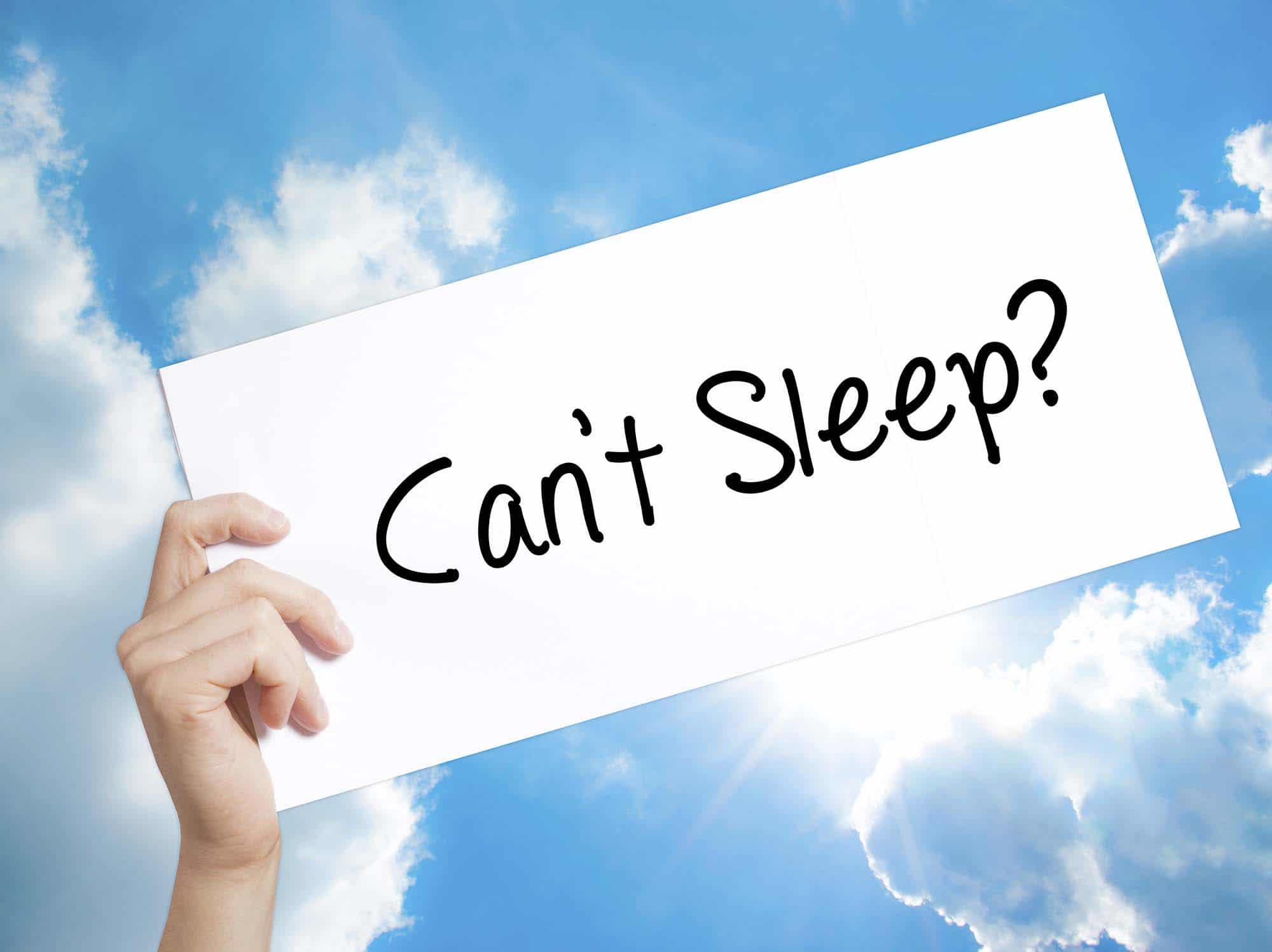
A simple search online for “sleep remedies” demonstrates the fact that a good night’s sleep is elusive for many people. For a vast array of reasons, most of us have trouble sleeping well at some stage, and for some, it’s almost a nightly occurrence. As such, we seek out tips and tricks to help us sleep better.
What Types of Sleep Remedies are Available? Do They Work?
From natural sleep remedies to pharmaceuticals and other devices, there are lots of ways people try to get better sleep. Some are effective; others are not.
These include:
- Nasal Strips/Dilator: these stick-on strips are placed across the bridge of the nose. They claim to increase the spaces within the nasal passages for more effective breathing. A nasal dilator is a stiff adhesive strip worn across the nostrils to reduce airflow resistance. There is limited scientific evidence to support that either of these remedies really works effectively for better sleep.
- Sedatives: a lot of people turn to pharmaceuticals to help them sleep. These may be available over the counter or on a prescription from your doctor. While yes, sedatives will put you to sleep, they also make you drowsy and don’t alleviate your sleep issues. They can also be habit-forming.
- CPAP Machine: for people diagnosed with obstructive sleep apnoea, this is a pressurized air mask worn during sleeping. Covering the nose, it can help keep airways open. It can be very effective for sleep apnoea, however, some users find wearing the mask uncomfortable and the noise from the machine can be disruptive to sleep.
- Magnesium: this is a crucial nutrient for overall health. Many people have a magnesium deficiency, which can result in headaches, issues with blood pressure, blood sugar, and cholesterol, mood disorders, and sleep disturbances. Magnesium supplements can improve quality of sleep and minimize restless leg syndrome, anxiety, and reduce stress.
- Valerian: is a herb that has been used since ancient times to achieve deep sleep. It boosts the production of a brain chemical that promotes sleep and drowsiness. It is effective however its use can lead to vivid, strange dreams in some people.
- Melatonin: this is a hormone that promotes sleep and is available as a supplement. It does not work as a sedative but strengthens the sleep-wake cycles of the body for a more consistent sleeping routine. It can shorten the time it takes to fall asleep and improve the amount of sleep you get, especially REM sleep.
- Beverages: warm milk drinks have been used for centuries to promote sleep. These do help! Milk contains tryptophan, an amino acid which is converted in the body to Niacin, which helps in the creation of serotonin. Serotonin is associated with levels of melatonin, controlling the sleep-wake cycle.
- Warm Bath: a soothing, relaxing warm bath can help you drift off to sleep.
Other sleep remedies people try include meditation, aromatherapy, acupuncture, herbal teas of chamomile, passionflower, or lemon balm, kava, and more. While there is little scientific evidence to support these, some people do find them to be effective.
Can any Sleep Remedies Prevent Snoring?
Snoring is a major cause of disturbed sleep. While many sleep remedies may claim to help prevent snoring, there are only some that deliver on their promise. Some of these are focused primarily on stopping snoring – when you stop snoring, you will naturally sleep better.
Sleep remedies that prevent snoring and work to improve sleep include:
- Raise your head – raising the head of your bed by just ten centimetres may help keep your airways open, even if you sleep on your back.
- Sleep on your side – stops the tongue from relaxing into the throat, making breathing easier and reducing (or stopping) snoring.
- Lose weight: being overweight is a big factor of snoring – by losing weight, you reduce the fat in your neck and throat, hence opening airways and breathing better.
- Limit alcohol and caffeine: aim to limit your intake of caffeine and alcohol and don’t consume either within a couple of hours of bedtime. Alcohol not only disrupts your sleeping patterns; it also relaxes the muscles of the throat, leading to snoring.
- Treat allergies: chronic allergies inflame the soft tissues in the nose and throat, making them swell and thus interrupt airflow when breathing. By treating allergies, you reduce this swelling and help minimize snoring.
- Stop Smoking: smoking irritates the airways – which directly increases the likelihood of snoring.
- Surgery: to correct severe structural issues that lead to snoring including a deviated septum or an enlarged or loose uvula.
- Use SnoreMD: this is an oral appliance that gently moves the lower jaw forward. It helps keep your airways open to make it easier to breathe and prevent snoring.
In short, snoring interrupts your sleep – so by addressing the cause of your snoring first and foremost, and putting in place practices to prevent it, your sleep will improve. In and of itself, finding the right solution to stop snoring is an effective sleep remedy!
Contact SnoreMD
SnoreMD offers a sleep remedy which may be very helpful if you snore. A mandibular adjustment device is a revolutionary solution to stop snoring and has helped thousands of people get relief from snoring and other similar sleep issues.
To learn more about sleeping better and snoring visit our Sleep Help Resources page or call us on 07 5370 9323.


